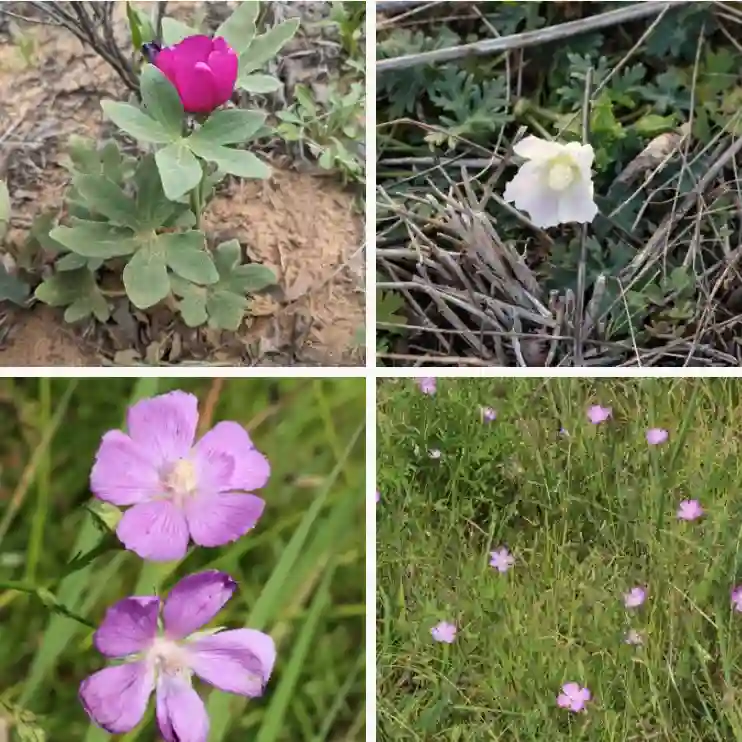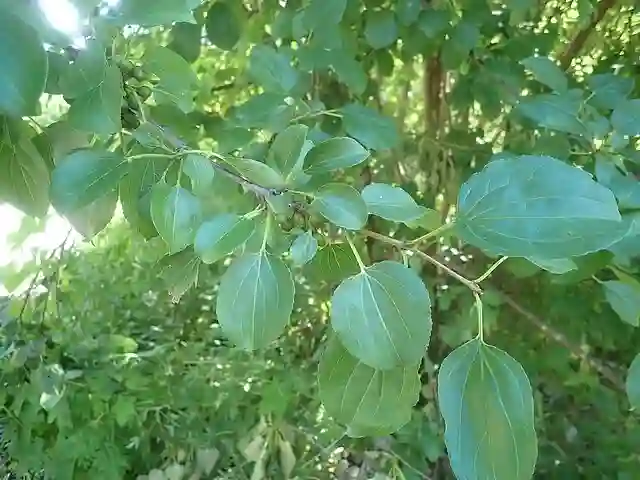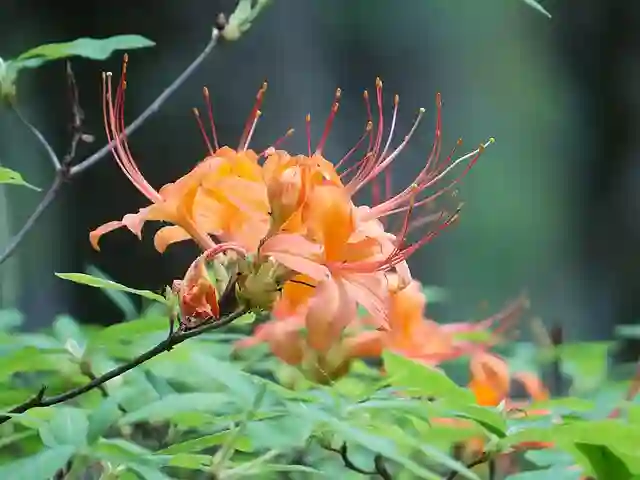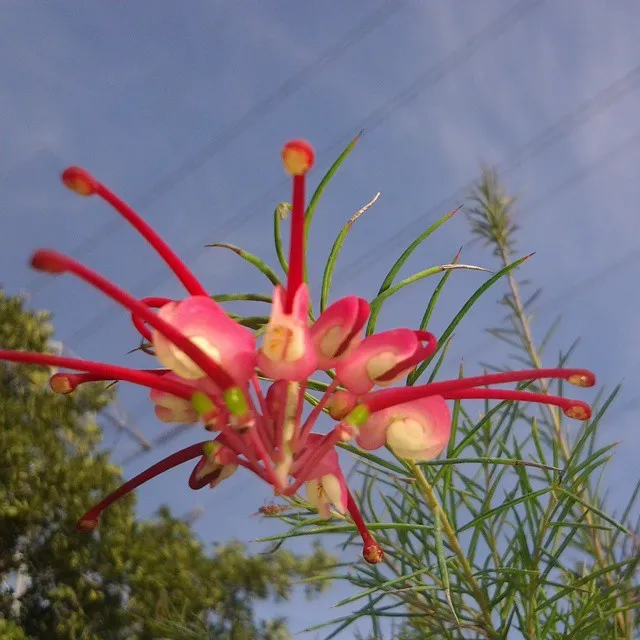Frequently Asked Questions About Rosa Moschata
When it comes to gardening, I find Rosa Moschata, also known as the Musk Rose, to be an intriguing choice. This species has a lot going for it, from its fragrant blooms to its historical significance. If you’re considering adding Rosa Moschata to your garden or just curious about it, here’s a rundown of some frequently asked questions.
391 Species in Genus Rosa
What is Rosa Moschata?
Rosa Moschata, commonly known as the Musk Rose, is a species of rose native to the Himalayan region. It is renowned for its sweet, musky fragrance, which is why it got the name “Musk Rose.” The plant features soft pink to white flowers that bloom in clusters. It’s a vigorous climber and can be used effectively in trellises or as a ground cover in your garden.
How to Care for Rosa Moschata?
Caring for Rosa Moschata involves a few key steps:
- Sunlight: Rosa Moschata thrives in full sunlight. Aim for at least 6 hours of direct sunlight each day to ensure robust growth and abundant flowering.
- Soil: This rose variety prefers well-draining soil enriched with organic matter. A slightly acidic to neutral pH is ideal. Good drainage is crucial to prevent root rot.
- Watering: Regular watering is important, especially during dry spells. However, avoid waterlogging by ensuring the soil drains well. Water the plant at the base rather than from above to prevent fungal issues.
- Fertilization: Feed Rosa Moschata with a balanced fertilizer every 4-6 weeks during the growing season. A rose-specific fertilizer can also work wonders.
- Pruning: Pruning should be done in late winter or early spring before new growth begins. Remove dead or damaged wood and shape the plant to encourage healthy growth.
How to Propagate Rosa Moschata?
Propagation of Rosa Moschata can be done through several methods:
- Cuttings: Take semi-hardwood cuttings in late summer. Dip the cut ends in rooting hormone and plant them in a pot filled with a mix of sand and peat. Keep them moist and in a warm, bright location until roots develop.
- Seeds: Although slower, growing Rosa Moschata from seeds is possible. Sow seeds in the spring, preferably after stratification (cold treatment) to improve germination rates.
- Layering: This method involves bending a low-growing branch to the ground and covering it with soil. Once roots develop, the new plant can be separated from the parent plant.
What to Plant With Rosa Moschata?
Rosa Moschata pairs well with several companion plants:
- Lavender: The lavender’s aromatic flowers complement the musky scent of Rosa Moschata, and both enjoy similar growing conditions.
- Echinacea: These hardy perennials provide a contrasting color and texture, enhancing the beauty of Rosa Moschata’s delicate blooms.
- Salvia: With its vibrant spikes, salvia adds a burst of color and attracts pollinators that will also visit the Rosa Moschata.
Is Rosa Moschata Toxic?
Rosa Moschata is not considered toxic to humans or pets. Its flowers and leaves are generally safe, though it’s always a good idea to prevent pets from chewing on plants to avoid any potential digestive upset.
Benefits of Rosa Moschata
- Fragrance: The primary benefit is its wonderful musky fragrance, which can add a unique sensory element to your garden.
- Aesthetic Appeal: The soft, delicate pink or white flowers add a touch of elegance and can enhance any garden design.
- Historical Significance: Rosa Moschata has been cultivated for centuries, and its historical use in perfumes and traditional medicine adds an element of heritage to your garden.
Common Problems with Rosa Moschata
- Powdery Mildew: This fungal disease appears as a white powder on leaves. To combat it, ensure good air circulation and avoid overhead watering. Treat with fungicides if necessary.
- Black Spot: Characterized by dark spots on the leaves, this fungus can be managed by removing affected foliage and applying fungicidal treatments.
- Pests: Aphids and spider mites can occasionally infest Rosa Moschata. Regularly inspect your plants and use insecticidal soap or natural predators to keep pests at bay.
Comparing Rosa Moschata with Similar Roses
Rosa Moschata is often confused with other roses, such as Rosa Rugosa and Rosa Gallica.
- Rosa Rugosa: Known for its ruggedness and ability to tolerate harsh conditions, Rosa Rugosa has larger, more ruffled blooms compared to the delicate flowers of Rosa Moschata.
- Rosa Gallica: Often referred to as the French Rose, Rosa Gallica has a more classic rose scent and is bushier compared to the climbing habit of Rosa Moschata.
In conclusion, Rosa Moschata is a charming rose variety with a distinct musky fragrance and versatile garden use. With proper care and attention, it can be a standout feature in your garden. Whether you’re drawn to its historical significance or its delightful scent, Rosa Moschata has much to offer.
If i die, water my plants!



